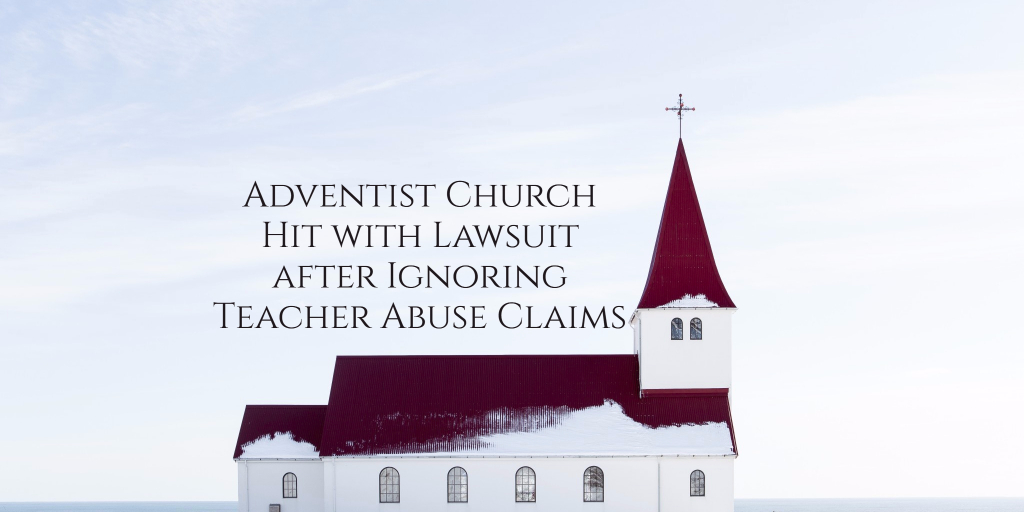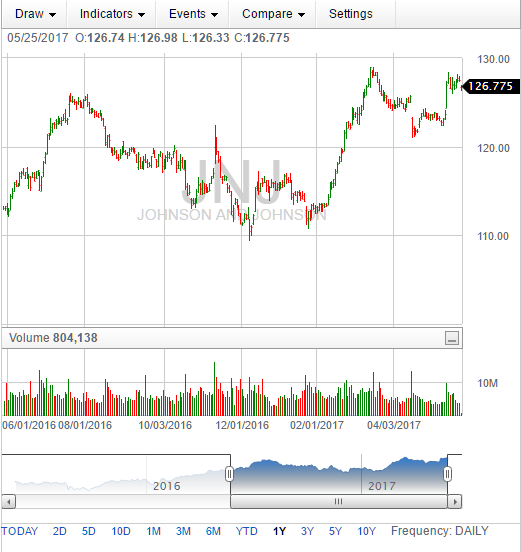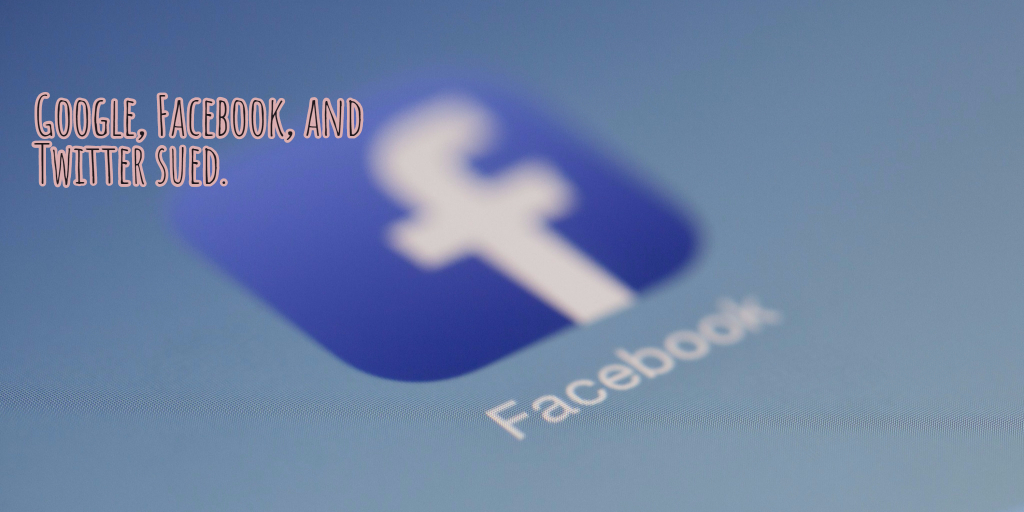Everyone has his or her taste of a vehicle they admire and imagine themselves driving. One of the most admired is the Corvette. However, it may turn out not to be the best regarding performance.
Reasons Offered
According to some complaints tabled in a Florida federal court by a group of the vehicle owners, the makers failed to include a good cooling system. These drivers alleged that the Corvette Z06 would overheat and automatically get to what they referred as “Limp Mode.” Despite the fact that the vehicle is meant to operate on high race track performance capabilities, the condition ends up reducing the speeds dramatically in an unexpected way.
Based on their field tests, these racetrack enthusiasts, the Plaintiffs, they would no longer drive at their average speed of 125 Mph. Reasons being that in a short duration of 15 Minutes, the vehicle would heat up and get into the Limp Mode. As a result, Corvette Z06 would lose its stability of operation. What is most astonishing is that the vehicle speeds would drastically drop without even a single warning to the driver or other users. There exists a high chances of this overheating extending to the vehicle engine.
The racetrack enthusiasts blame GM for disregarding more than 117 numbers of different state and government laws, including just to highlight a few, false covering, rupture of guarantee and unreasonable enhancement.
Corvette Z06 Expectations
From the vehicle owner’s point, Corvette Z06 was something entirely different from GM’s promise of a track car. Based on the promise and the marketing done by GM, most of them had expectations of a technologically advanced track vehicle. Much to their surprise, their expectations are not what they received. The most astonishing part is that GM has already been informed of the many defects of the vehicle, but no solutions came with the 2017 model. Despite that the production was halted for some time in an attempt to get a solution, all the company did was make some beautifications. On top of that, GM went ahead and warned the clients of their automatic transmissions overheating, as it was the case with the 2015 and 2016 models.












